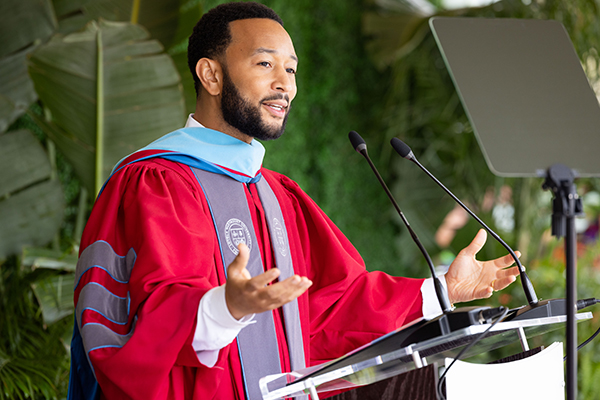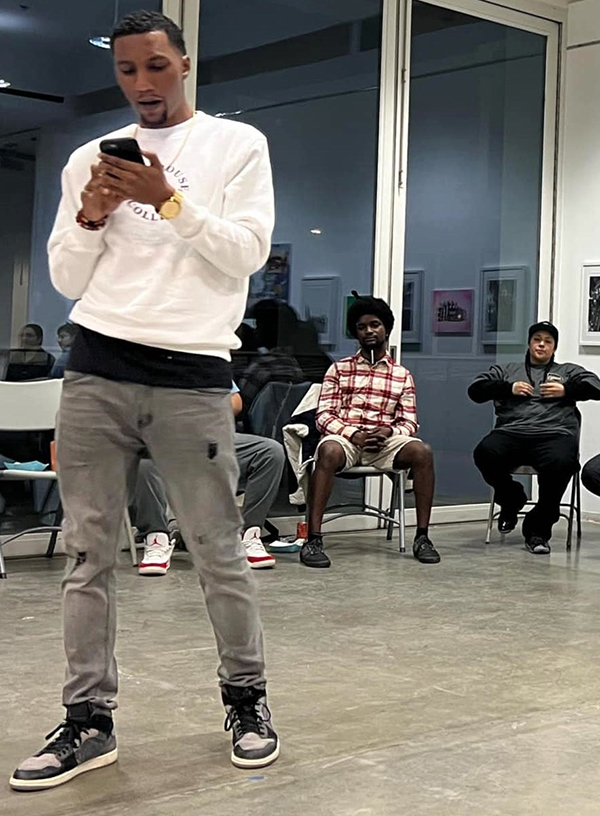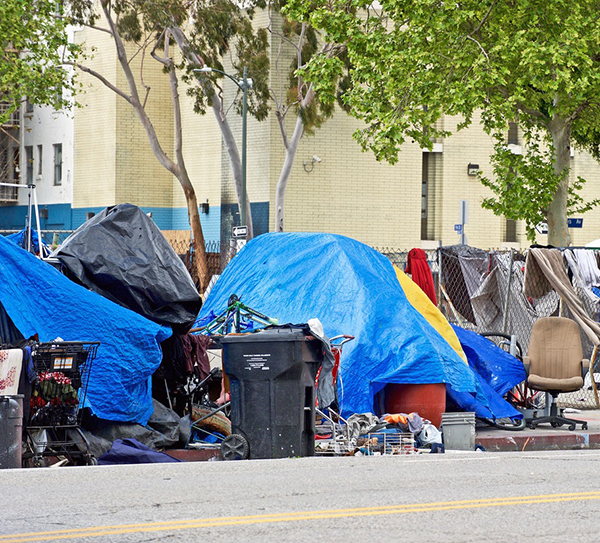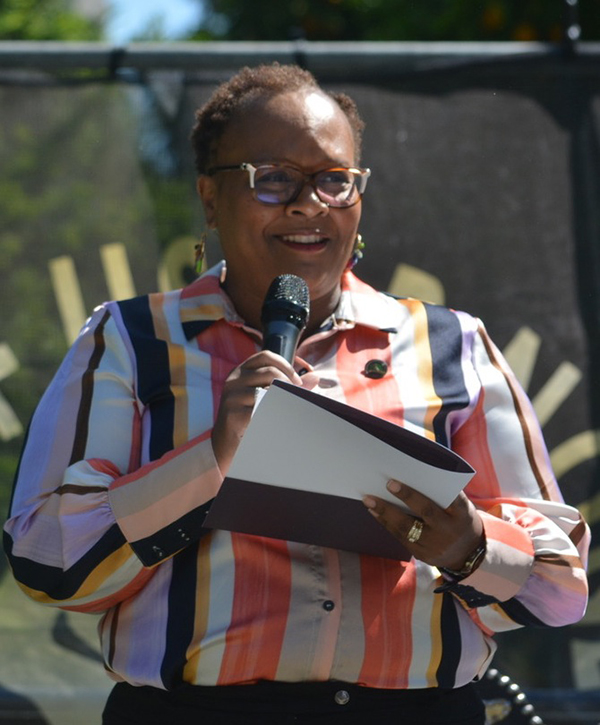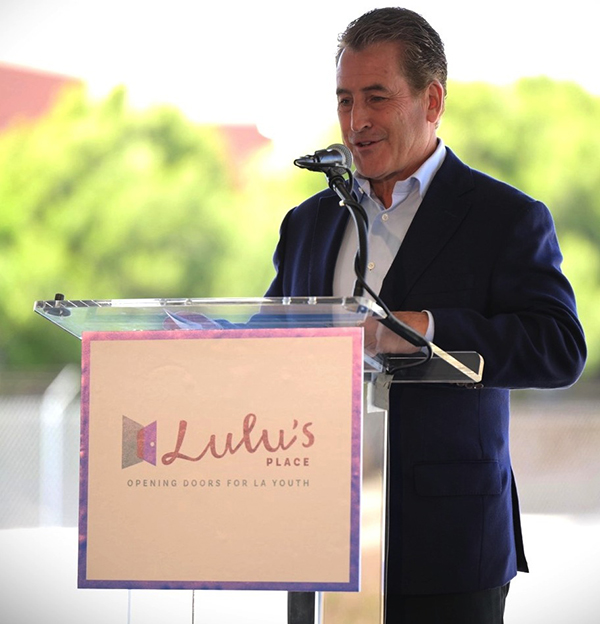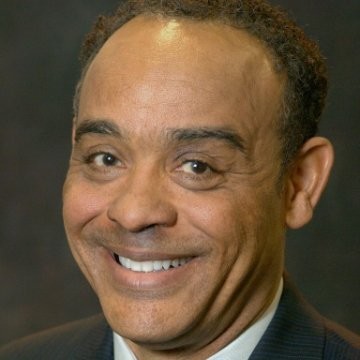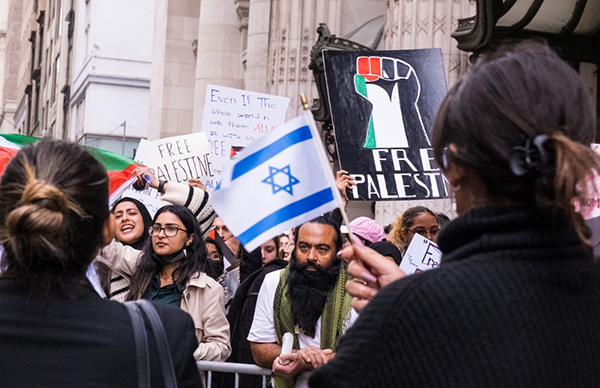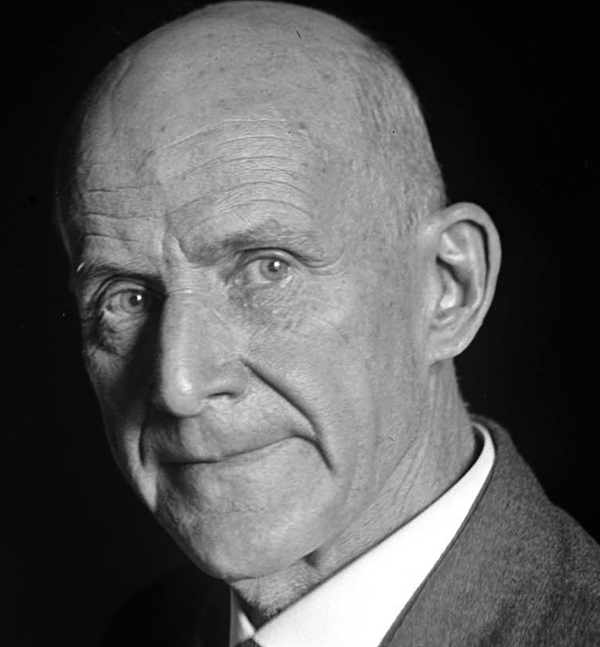By Earl Ofari Hutchinson
Contributing Columnist
Former President Donald Trump had a compelling motive in his rush to beat all other potential Republican presidential candidates in announcing his 2024 presidential run last November. It had nothing to do with raising money, garnering endorsements, grabbing more of the media spotlight or ramping up his voter support.
Trump faced multiple federal and state criminal indictments for bribery, election tampering, conspiracy, obstruction of justice and just about any other political and personal corruption charge one could think of.
This is the first in a two-part series assessing the possibility of another Trump presidency. It’s an excerpt from Hutchinson’s new book, “President Trump — Again?” (Amazon).
The spur to announce his 2024 run was the FBI’s raid on and search of Mar-a-Lago in the pilfered White House documents case. Trump got loads of calls from his backers imploring him to announce his candidacy.
A presidential run could serve as a potential political shield from the charges. It could also refocus media coverage of him as a bonafide presidential candidate rather than an indicted and potentially convicted felon.
The irony is that Trump may not have needed to rush his announcement that he was a presidential candidate to divert attention from his legal woes. He could thank the Constitution for that. There is not a word in the document that says a convicted felon can’t run for president or serve in office if elected.
The Constitution lists only three requirements for the presidency. The candidate must be at least 35 years old, a natural-born U.S. citizen and a resident of the United States for at least 14 years.
This anomaly has spurred fierce debate among constitutional experts and legal scholars over the issue of a convicted felon sitting in the Oval Office. Or, even more bizarre, a convicted and jailed felon serving as president while imprisoned.
That’s only the start of the bizarre presidential candidacy quirk. In many states, Trump as a convicted felon could not vote or hold an elected office. Even in states where there is no explicit prohibition against a felon running for office, states can and have inserted added requirements for a candidate to run for office.
Those requirements make it more difficult for a convicted felon to run for office. But that’s exclusively at the state level. Past Supreme Court rulings firmly rejected any prohibition on indicted or convicted felons from running for a federal office.
The only possible impediment to Trump’s 2024 presidential run is that he might not pass muster to get security clearances which are mandatory to sit in the Oval Office. Trump has been indicted on charges in the alleged pilfered classified documents. That potentially could be a violation of national security provisions.
Trump also has some history behind him in his 2024 presidential run. He is not the first presidential candidate to run under a legal cloud. A handful of off-beat characters have run for president while serving a felony prison sentence. They were always seen and treated as amusing, even bizarre, laughable crank cases. Their candidacies drew only the barest of public and media attention.
But the one presidential candidate who ran from a jail cell who was different drew some rough parallels to Trump’s announced presidential bid. That was Socialist Party leader Eugene V. Debs in 1920.
He was about as far apart from Trump politically as could be imagined. In 1920, Debs was serving a 10-year federal prison sentence. He was convicted of draft resistance charges related to World War I.
One notable parallel with Trump is that Debs was imprisoned under one of the same statutes that Trump is now being investigated for potentially violating: the Espionage Act. Debs was accused of violating provisions of the law that prohibited encouraging insubordination in the armed forces or interference with the enlistment of troops.
Debs had lots of name recognition, a long track record of radical activism and a party that then commanded thousands of members and sympathizers. He got almost one million votes in the election. That tabulated out to nearly 3% of the overall presidential vote.
Debs beat Trump to the political victimization storyline in his campaign. He continually charged that he was jailed not because of his war opposition but because of his militant pro-labor and socialist politics.
Debs’ imprisonment and his constant protest that he was a political prisoner almost certainly garnered him more votes than if he had simply been a free man on the political trail. Trump deftly and craftily entwined the political victim card with his quasi-populist pitch.
The attack on him, supposedly, was tantamount to an attack on the tens of millions of Trump supporters. He shouted at a campaign rally, “They’re not after me, they’re after you. And I just happen to be the person that’s in the way.”
Debs got a respectable number of votes and played the martyr card to the hilt to stoke sympathy and votes. But there was never even the remotest chance that he could be elected president.
That is not the case with Trump. He was elected President once. From the moment he exited the White House after his 2020 loss to President Joe Biden, the possibility never ended that no matter how great his legal ills he would remain a viable presidential contender.
Earl Ofari Hutchinson is an author and political analyst. He also is the host of the weekly Hutchinson Report on KPFK 90.7 FM Los Angeles and the Pacifica Network.

